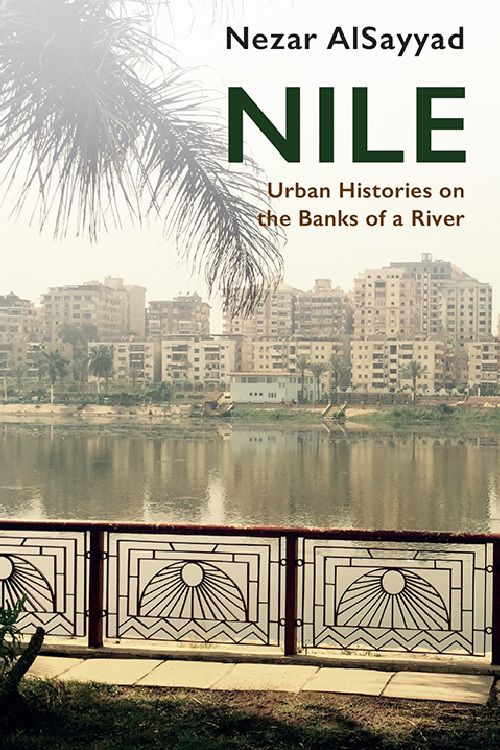
Nile: Urban Histories on the Banks of a River
Tom Verde
Nezar AlSayyad
Edinbergh UP, 2019.
Egyptian urban historian AlSayyad tells the story of the world’s longest river (6,825 kilometers) through a series of vignettes connected with its journey through history and 11 different countries. He treats the Nile as well as its tributaries and lakes “as actors on [a] stage,” with pharaohs, sultans, conquerors and explorers playing supporting roles. The search for the river’s elusive source intrigued the likes of classical Greek historian Herodotus, medieval Arab cartographer al-Idrisi, and intrepid 19th-century British explorer Stanley Livingstone. Without the Nile’s nutrient-rich silt deposits running downstream from the Ethiopian highlands, pharaohs such as 13th-century-BCE Rameses the Great could never have ruled over as rich and prosperous a kingdom. Their retelling offers a fresh look at the history and impact of one of the world’s oldest civilizations. As AlSayyad concludes, the existence of urban centers and monumental sites, from Alexandria to Abu Simbel, Khartoum to Kampala all owe some measure of debt to the Nile.
—Tom Verde
You may also be interested in...

The Ebb and Flow of History on the Zambezi River
In tracing the past six centuries of history, historian Malyn Hewitt captures the cyclical rise and fall of the river and its people.
Drawing New Conclusions About the Status of Women in Ancient Egypt
Egyptologist Mariam F. Ayad that gender bias among historians accounts for an underrepresentation of women’s lives in historical studies of Egypt.
Nomadic Chieftain’s Biography Unveils Dynamics of Colonial Expansion
Historian Tetsu Akiyama challenges the narrative that the Kyrgyz were a “static and monotonous ‘traditional’ society’” destined to be subsumed.